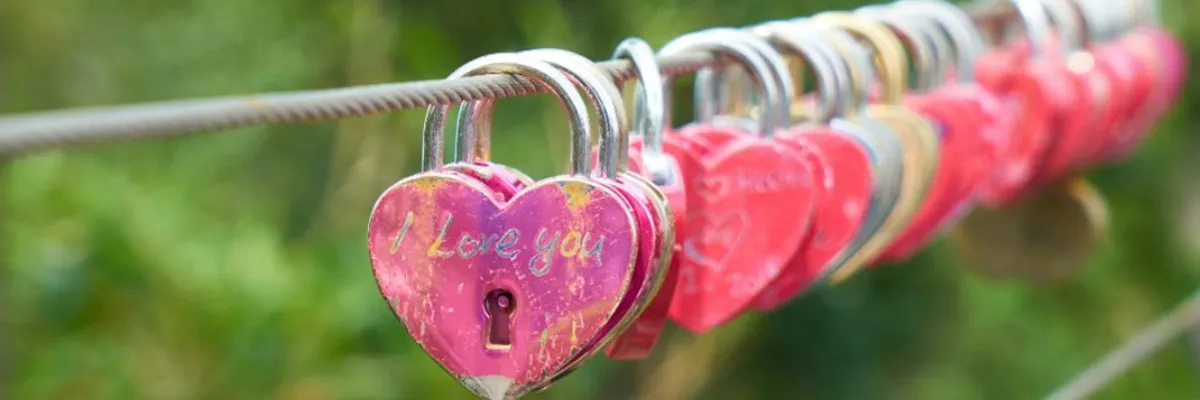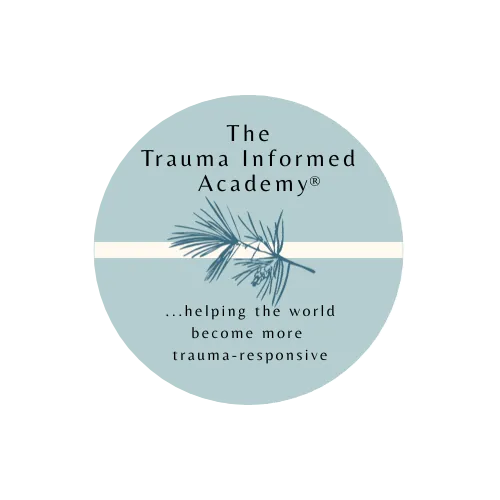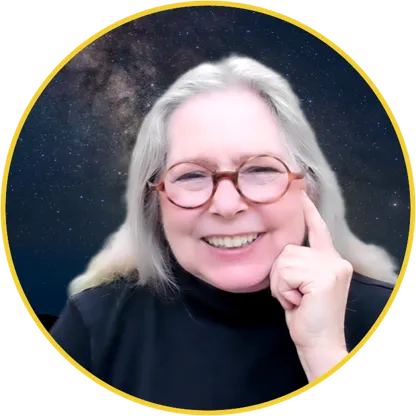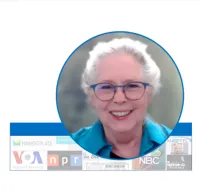

Why Do I Feel Sad When I Start to Feel Better?
Listen, if you've ever started feeling maybe more hopeful, or just less on edge, somehow “better”—only to be hit with unexpected sadness, welcome to my club.. I was totally off guard when it hit me, too. I had--back then no idea what “feeling better” meant, or if I could tolerate feeling it. After overwhelming experiences, peace and contentment can feel foreign, even alarming. Your brain doesn't know what to do with these unfamiliar emotional states.
You're not just experiencing something new and unfamiliar, as well as potentially dangerous; you're also mourning what the overwhelming experience cost you. Your brain is processing both the reality of what you survived and the reality of what you missed while you were just trying to get through each day. That sadness? It's your psyche acknowledging big stories and real losses.
There's also this: feeling better can feel dangerous when you've learned that good things don't last or that letting your guard down leads to more hurt. If hypervigilance has kept you alive, relaxing your guard feels risky. Does it ever! Your brain might flood you with sadness as a way to pull you back to familiar emotional territory—the territory where you know how to survive. The sadness becomes a warning system saying "Don't trust this good feeling; stay alert." This one is hard and takes a lot of self-soothing.
Sometimes the sadness comes because you have more capacity to feel it, but you don't have enough extra capacity to recognize safety when it arrives. When you've been in survival mode, peace doesn't feel like relief—it feels strange and uncomfortable. You might find yourself thinking, "This can't be right" or "Something bad must be coming." The unfamiliarity of feeling okay can expose grief for all the times you couldn't feel okay.
This is why this work isn't about moving from "bad feelings" to "good feelings" in a straight line. You're learning to recognize and tolerate emotions you've never felt safe enough to experience. You're discovering what hope feels like, what calm feels like, what contentment feels like—and your brain needs time to understand these aren't threats. Learning to stay present with unfamiliar positive emotions is actually advanced emotional intelligence.
The sadness when you start feeling better is evidence you're expanding into emotional territory you finally have the room to explore. Be patient with yourself as you learn what these new feelings are and what to do with them. More than healing, you're experiencing the ability to evaluate risks, reduce them, stay present, and find pleasure in events. That’s big stuff.



Email our Admin:
©Copyright 2025 EPower & Associates, Inc. All Rights Reserved.
Privacy Policy | Terms of Use
Featured On...


